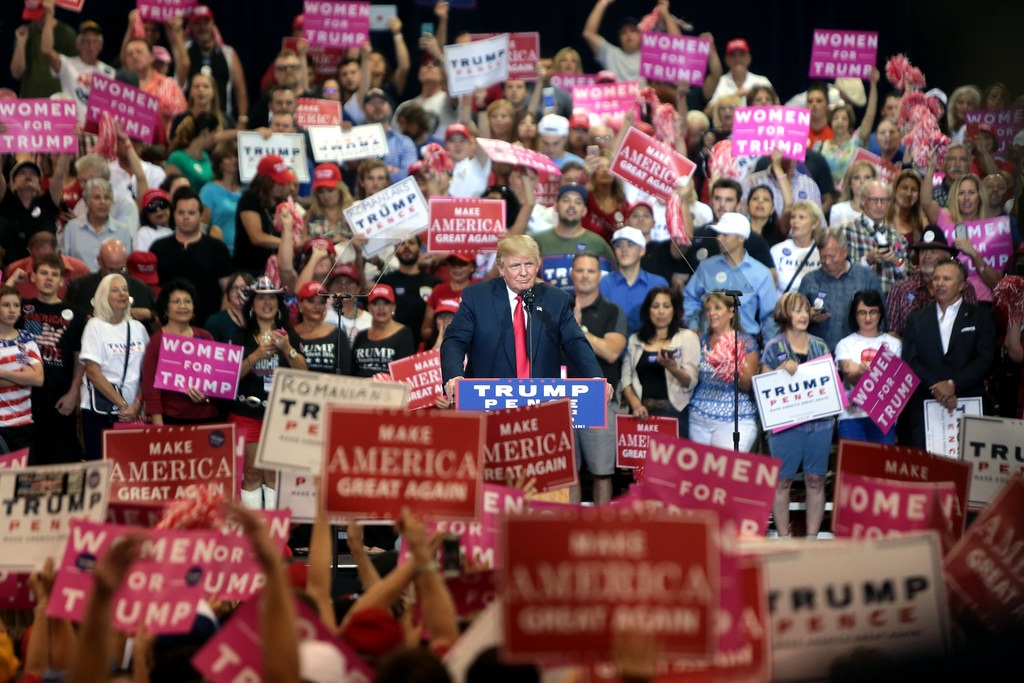In anticipation of the 2024 presidential election, United States political parties are shifting their marketing strategies. Recently, the Democratic and Republican parties have been inviting nonpolitical celebrities onstage at their rallies.
At the 2024 Republican National Convention (RNC), former president and current presidential nominee Donald Trump invited television personality Amber Rose onstage, where she publicly endorsed the former president and discussed how her relationship with her father connected her with Trump. Due to Rose’s history as a socio-political activist, her presence onstage was a clear appeal to younger generations more familiar with current pop culture.
Following Amber Rose, country singer Lee Greenwood performed “God Bless America” for the crowd. Later, celebrities Chris Janson, Hulk Hogan and Russell Brand followed suit by performing and giving speeches on Trump’s behalf. By aligning celebrities that many view as national icons with a presidential candidate, Americans who follow and trust these celebrities could be convinced to vote for Trump. However, while this tactic is likely successful and many are entertaining displays of support for the former president, some of these performances seem irrelevant to the RNC.
At the 2024 Democratic National Convention, celebrities such as Stevie Wonder, Lil Jon and John Legend expressed their support for presidential nominee Vice President Kamala Harris. Alongside other celebrities, they too performed “patriotic” songs for the crowd and gave speeches supporting Harris.
One of the main reasons for this shift to more lighthearted performances is due to younger generations. In comparison to older generations, younger voters seem to care as much about the personalities of the people they vote for as they do about their policies. Even though many are still policy-oriented, their decisions are still biased due to their surroundings and previous beliefs. Overall, political rallies are becoming too facetious, as the focus on entertaining performances draws newer generations of voters away from actual policies.











































